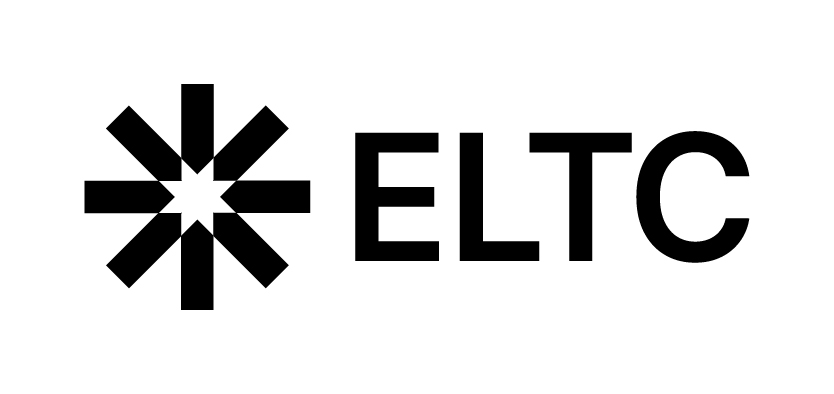
AML/CFT: Lessons (hopefully) learned, and the coming sea change
- Χρηματοοικ. Ασφαλιστικά Τραπεζικά - Νομοθεσία, Νομική & Δικηγόροι
ΠΕΡΙΓΡΑΦΗ
This online training program has two parts. The first, examines and draws lessons and warnings from several recent seminal cases in the USA and the UK that identify failures, weaknesses and blind spots in the AML/CTF architecture of financial institutions; and there mediation measures imposed. The second, initially sheds light on some recent updates of the CySEC AML Directive, and it then focuses on the coming sea change to be brought by the new (2024) EU Regulation on the prevention of the use of the financial system for the purposes of money laundering or terrorist financing, with special emphasis on the changes that the new Regulation will bring to the obligations of obliged entities as compared with the current legal framework principally shaped by the 4th EU AM Directive.
Certificate Awarded
Participants will receive a certificate of attendance which will detail the CPD points awarded. CPD Points are verified directly by your association, regulator, or other bodies in which you hold membership
ΣΚΟΠΟΣ ΣΕΜΙΝΑΡΙΟΥ
By the end of this training program, participants will able:
- To understand the failures and weaknesses in the AML policies and procedures of obliged entities highlighted in recent, seminal, real-life cases.
- To draw lessons and recommend best practices.
- To highlight the way forward – fines should not be the end, but the beginning of the line towards remediation and accountability.
- To be introduced to the new EU AML architecture.
- To appreciate the main advances the new EU AML system brings.
- To appreciate the expanded AML obligations for obliged entities in the new EU Regulation and also the significant assistance that will be provided through guidelines to be issued by the new EU AML Authority (AMLA).
ΣΕ ΠΟΙΟΥΣ ΑΠΕΥΘΥΝΕΤΑΙ
This programme has been developed by professionals for professionals in the legal, financial, accounting/audit, and corporate administration fields who already have a basic understanding of the current AML regulatory system:
- Legal professionals,
- Auditors/Accountants,
- Risk Managers,
- AML Compliance officers of Obliged Entities (regulated financial institutions including credit institutions, investment firms and fund managers, administrative service providers and others),
- Board members of financial institutions responsible for the implementation of AML/CFT law and regulations.
ΠΕΡΙΣΣΟΤΕΡΕΣ ΠΛΗΡΟΦΟΡΙΕΣ
Course content
Part 1: Lessons (hopefully learned): The recent cases that made the headlines
TD Bank: the largest fine ever imposed in the US
- The early signs.
- Where was compliance and the AML function?
- Governance slept at the wheel? Anyone with AML background at the Board?
- Remediation and accountability.
Bank of America: Even the best can fail
- Suspicious Activity Reports: the usual suspect
- Client Due Diligence programme: does it do the job?
- An Action plan is needed.
Robinhood case: Not such a straight arrow
Metrobank case: Automated Transaction Monitoring Systems in AML: not a silver bullet
Starling Bank case: Client growth is great (that is, if your obliged entity’s financial crime controls can keep up).
Part 2: The sea change of the EU Regulation on the prevention of the use of the financial system for ML/TF (2024)
- The need for change
- The Fourth EU AMLD, turbocharged: a broad view of the upgrades
- The risk variables, repopulated.
- An old-times favorite, revisited: Third countries and high-risk. Bringing things in line with FATF (almost).
- The Compliance Manager: the buck does not stop here.
- Beneficial owner registration for risky foreign legal entities. What does this have to do with us?
- PEPs: some tidying up is in order.
- Beneficial owner identification: the next frontier.
- Enhanced due diligence: NOW you are talking.
- Higher risk factors: Anyone said anything about non-face-to-face business relationships?
- Suspicious activities and transactions: Assistance is coming.
AML/CFT is a dynamic, fast changing field, aiming to analyze or respond to new threats and typologies. Our training programmes are designed to bring you the latest important developments and our programme content may be revised closer to the date as necessary; so as to reflect new laws, case studies, procedures, and other important recent developments.
Πληροφορίες Εκπαιδευτή
Αναλυτικό Κόστος Σεμιναρίου
- € 125.00
- € 0.00
- € 23.75
- € 125.00
- € 148.75
ΠΡΟΓΡΑΜΜΑ ΣΕΜΙΝΑΡΙΟΥ
Τρίτη - 18 Μαρτίου 2025
Ώρα
09:00 - 14:30
ΕΚΠΑΙΔΕΥΤΗΣ:
Νίκος ΠαυλίδηςΤοποθεσία:
OnLine Virtual Classroom
 Ελληνικά
Ελληνικά  English
English



 Αγγλικά
Αγγλικά
 5 ώρες
(
1 ημέρα
)
5 ώρες
(
1 ημέρα
)






















